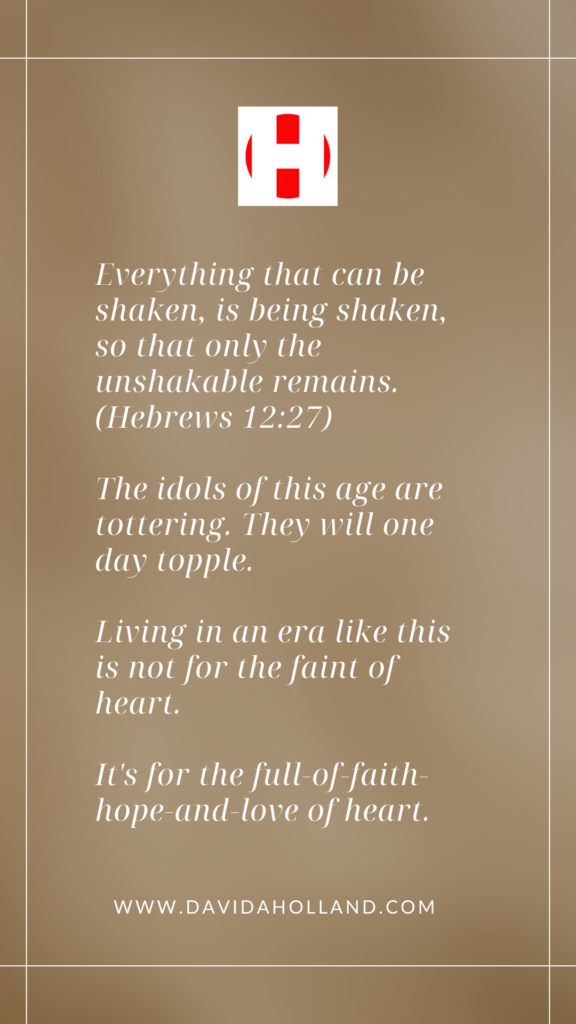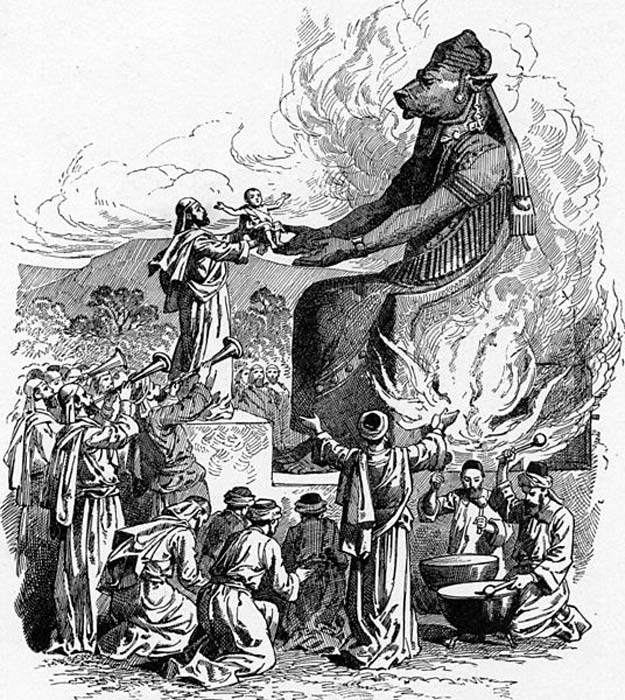Here’s your periodic reminder that the easiest lie to fall for is the one you NEED to be true. What narrative are you so emotionally invested in that you’ll grasp at anything that seems to validate it?
Reagan is famous for quipping that it’s not that liberals are ignorant; it’s just that so much of what they “know” simply isn’t so. That’s true for all of us now . . .
Cognitive biases and tribal polarization have us all seizing and remembering online bits of info that validate what we wish to be true and instantly dismissing any that seem to contradict it . . .
The only way out of this “fun house mirror” maze we’re in is constant awareness of the presence of cognitive bias, resulting in a healthy distrust of our own logic and information processing . . .
If only there was a scripture that validated this approach . . . Oh, wait:
“Trust in the Lord with all your heart and lean not on your own understanding; in all your ways submit to him, and he will make your paths straight.”
Proverbs 3:5-6
Twitter: @DavidHolland





